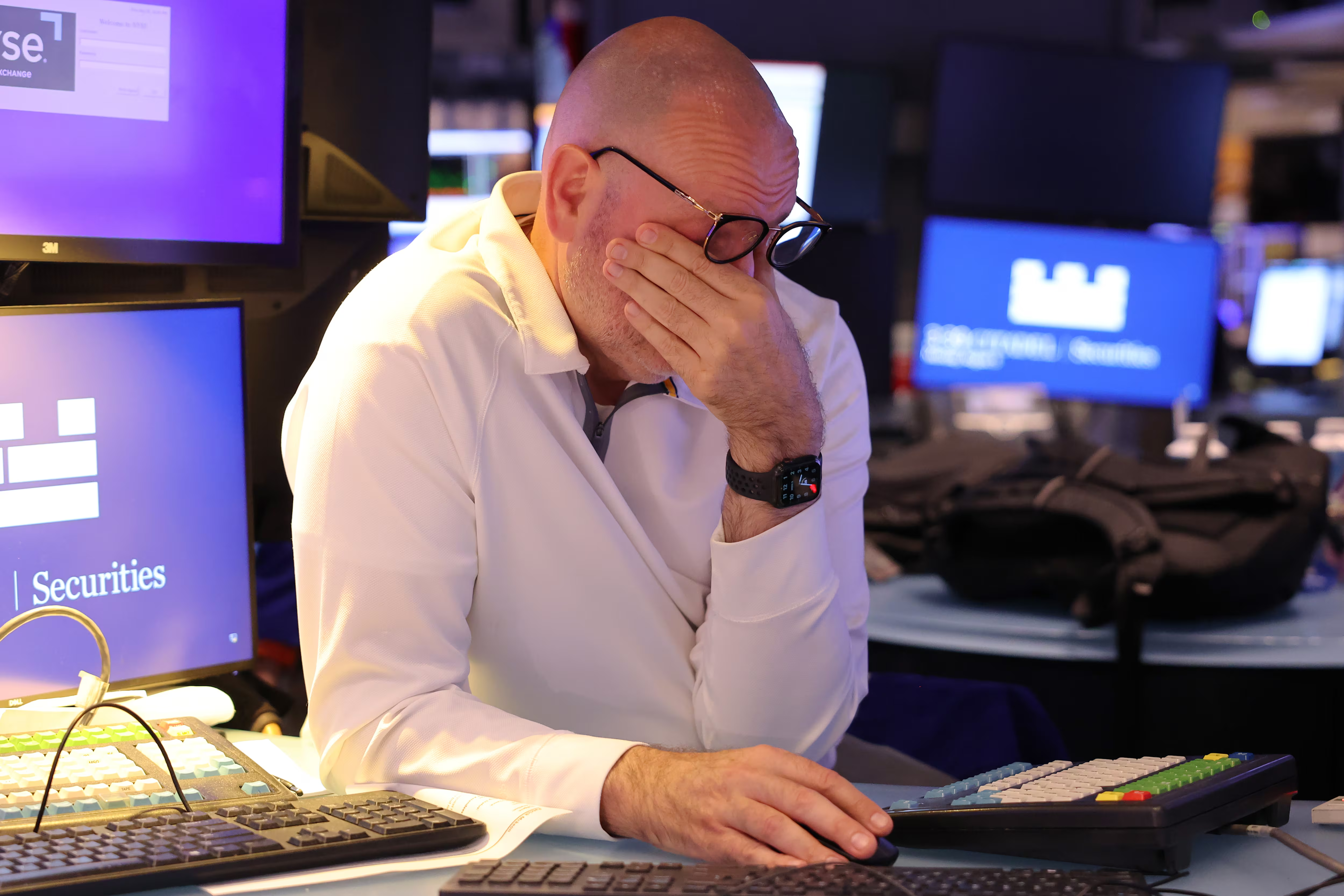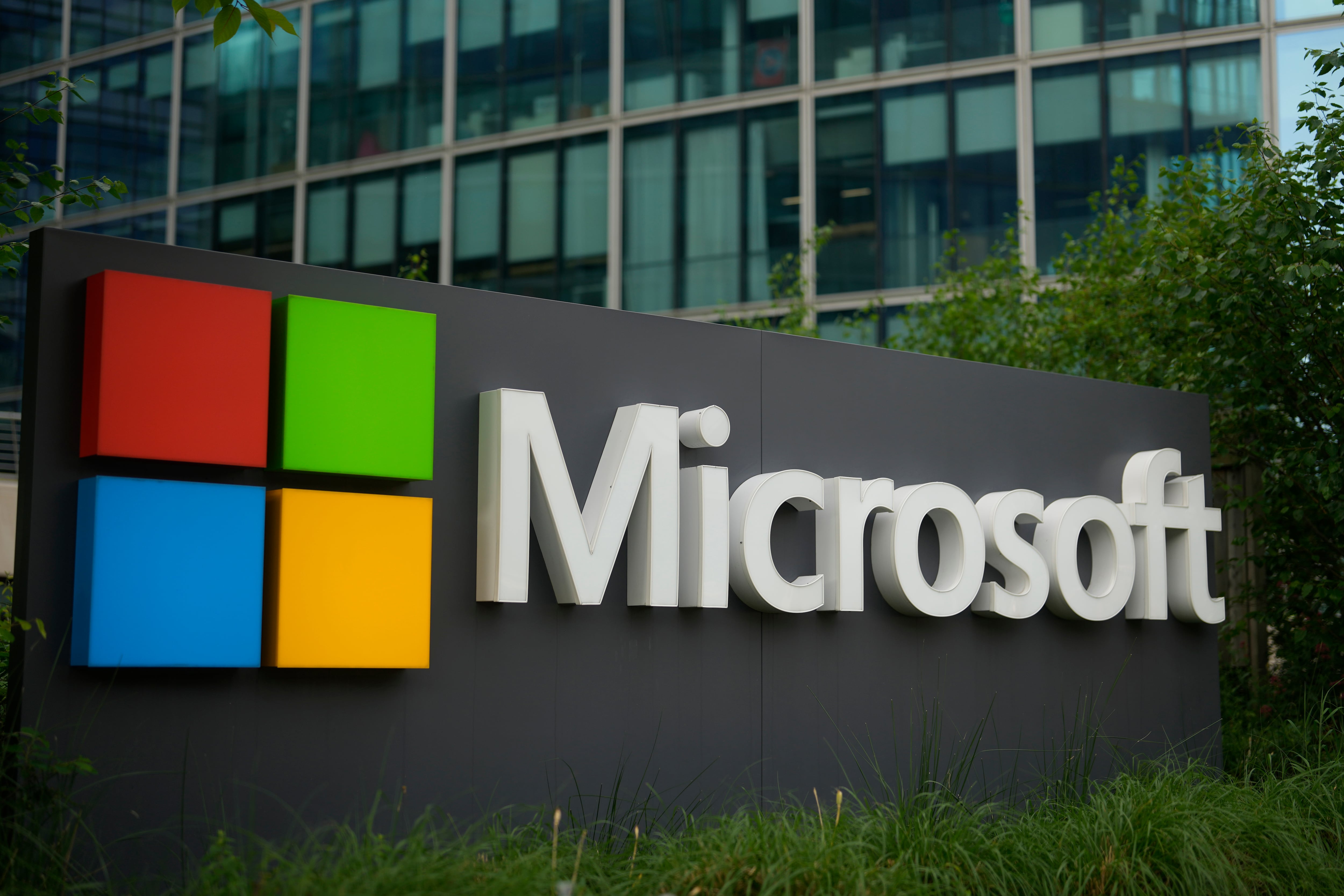Insurance to blame for lingering high inflation, Fed says
Prices are still climbing faster than the minders of the U.S. economy would like, with prices up 3.2 percent in February from a year earlier, according to data released this week. If you want to know why, there’s a one-word answer: Insurance.
Huh? Well, it seems that everything from healthcare to homes, and particularly cars, are getting more expensive to insure and that’s squeezing the bottom line of insurers, who are passing the costs on to consumers. That’s what Federal Reserve chair Jerome Powell told Congress last week, and now the numbers are in to prove it. “It’s to do with a million different factors,” Powell explained.
Some of those factors: higher labor and material costs for healthcare, along with the end of the pandemic-era Medicaid expansion; wildfires and storm damage are raising home insurance rates; and the higher price of car parts and remaining supply-chain strains are boosting the cost of auto insurance. All this matters because the Fed is waiting for inflation to fall to about 2% before it can begin cutting rates, now at 5.3%, which would help home buyers and small businesses.
Until then, it’s going to be a bumpy ride, but the economy is still a long way from the pandemic-era inflation high of 9.1 percent in 2022.
Will TikTok toe the line? The House tells the micro-video platform to sell or be banned.
With massive bipartisan support, the House of Representatives voted to ban the ubiquitous short-video app if its China-based minority owners don’t sell their stake in TikTok parent ByteDance. The bill bans companies 20% or more owned by “adversary power[s]” from operating in the U.S. TikTok’s founder Zhang Yiming and its employees hold about 40% of the private company, and the rest is owned by institutional investors, including U.S.-based Blackrock.
Lawmakers cite ByteDance’s ties to the Chinese Communist Party as a danger, saying it gives China’s omnipresent state security apparatus too much access to Americans’ personal data, and more worryingly, too much influence over public opinion, especially among the channel's young users. A poll last fall showed 32 percent of Americans aged 18–29 regularly get news on TikTok.
Oddly, Donald Trump, who once vowed to ban TikTok, flip-flopped after meeting with GOP mega-donor Jeff Yass who owns a $15 billion stake in TikTok, but the GOP-led house defied their leader and voted en masse for the ban. Next stop for the bill: The Senate, where a third of the members are over 70, compared with the House, where that number’s only 16.5 percent.
Gimme mo’ Moana: Disney wins backing to grow Anaheim park for more attractions
Snow White’s Castle? That’s old. Fans of the new Disney — think Moana, Frozen, Zootopia and a host of other live and animated films — may soon see new attractions based on their favorite stories. This week Walt Disney Co. won the first round of approval from the city of Anaheim, California, to expand its original Disneyland park over nearly 160 acres now used mainly for parking lots. In exchange, Disney’s promised to spend nearly $100 million on affordable housing, parks, sewers and streets in Anaheim, along with a multistory parking garage.
The cost of the $1.9 billion development will come from Disney’s pockets. Disney needs to expand and update to survive. In its fourth-quarter earnings report, the company blamed “lower results” at its parks and resorts on inflation, lower guest spending and the costs of closing the Star Wars: Galactic Starcrusier attraction, a clear sign that audiences are tiring of some too-familiar tales.
“We know there are stories out there we haven’t told yet, like Wakanda or Coco or Frozen or Zootopia,” said Rachel Alde, Disney’s senior vice president of global development and finance. “We know what kind of stories we would love to tell.” The self-described happiest place on earth now has to face a vote from the full city council, expected next month. Anyone seen Mickey?
Family Dollar to close nearly 1,000 stores, blaming the end of pandemic relief
Dollar Tree, the Lyft to Dollar General’s Uber, said it’s closing 970 of its 16,774 Family Dollar and Dollar Tree stores as it faces competition from Chinese online retailer Temu and price-cutting at larger chains including Walmart and Target. But other factors are also to blame, said Dollar Tree CEO Rick Dreiling.
"Persistent inflation and reduced government benefits continue to pressure the lower-income consumers that comprise a sizable portion of Family Dollar's" clientele, Dreiling told analysts Wednesday. Some analysts blame Family Dollar’s $8.5 billion acquisition by Dollar Tree in 2015, which may have been a mismatch made in hell. Dollar Tree caters to middle-class suburbanites, while Family Dollar stores are in lower-income neighborhoods.
And Family Dollar has suffered from another problem: Logistics nightmares, including dirty stores and a rat-infested Arkansas warehouse that last month earned it a $41.6 million fine, which the Justice Department called "the largest-ever monetary criminal penalty in a food safety case.”
Tesla’s damning obit: ‘A growth company with no growth,’ as stock and sales slump
Do Androids dream of electric cars? Not so much any more. As upstart electric car maker Fisker prepares for what may be a bankruptcy filing, OG battery buggy maker Tesla has lost its luster as a growth stock. On Wednesday, Wells Fargo analyst Colin Langan downgraded Tesla to the equivalent of a sell stock, saying he expects sales growth to be flat this year and to fall in 2025. He called it “a growth company with no growth.”
The company’s stock has taken a big hit, down 35 percent this year through Thursday. Investor Ross Gerber says Tesla’s valuation is “coming back down to Earth,” and he blames Elon Musk for the company’s problems. “They don't advertise and they don't do anything to create demand,” Gerber told Yahoo Finance. “But the CEO of the company every day goes out and hurts demand through his actions. Literally, every day.”
Meanwhile, one more indicator of cooling demand for electric cars: Fisker says it will run out of cash by the end of this year, and has hired restructuring advisers to help with a potential bankruptcy filing, the Wall Street Journal reported. Fisker’s shares are down 97 percent since it went public in 2020, and it missed its 2023 production target of 13,000 of its Ocean SUVs, made under contract in Austria, producing only 10,000 cars and selling barely half of them.
Peter S. Green is a veteran reporter and editor who has spent more than two decades covering business and finance from Eastern Europe to New York City, and has worked for Bloomberg News, The New York Post, The New York Times and The Messenger. He lives in New York City and is always looking for the next big story.












